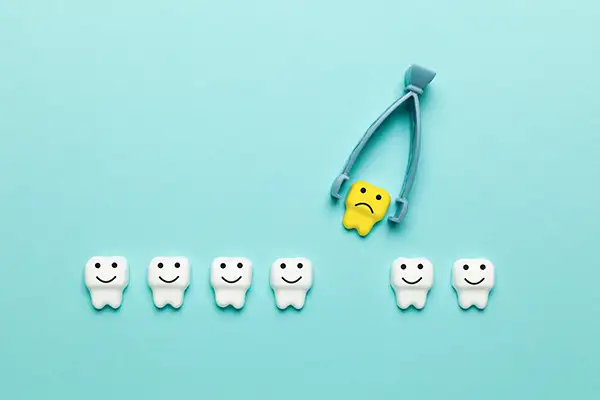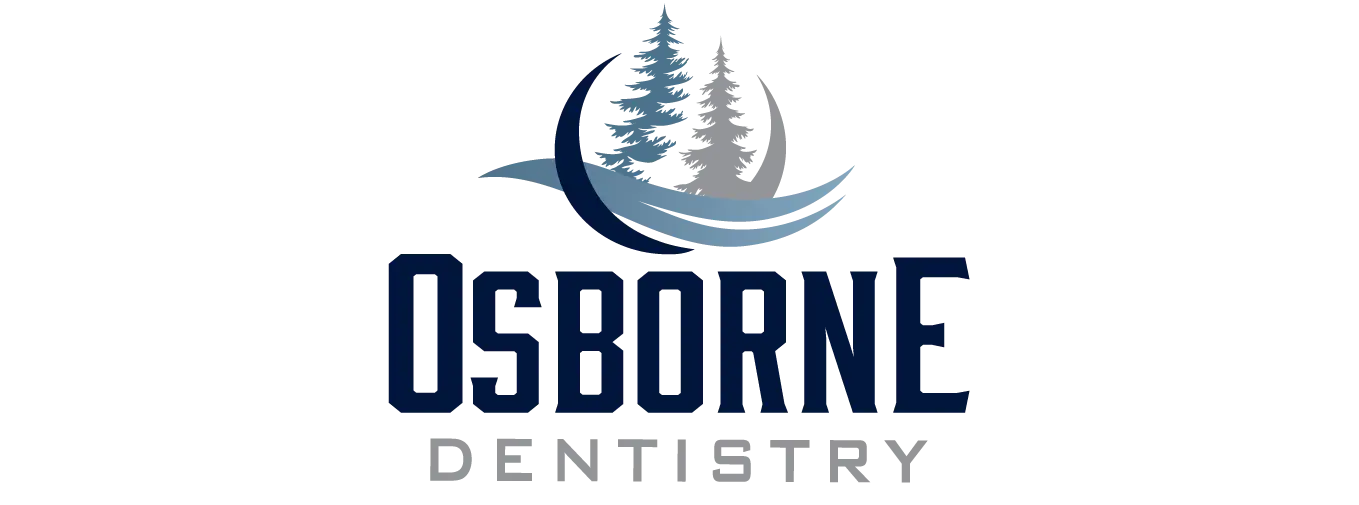 When possible, it is best to have your natural teeth restored and repaired. However, our team at Osborne Dentistry understands that this is not always possible, especially once a damaged or decayed tooth has become painful or infected. That is why we offer tooth extractions among our many services.
When possible, it is best to have your natural teeth restored and repaired. However, our team at Osborne Dentistry understands that this is not always possible, especially once a damaged or decayed tooth has become painful or infected. That is why we offer tooth extractions among our many services.
However, our professionals do not simply extract your tooth and send you on your way. Our team will develop a customized treatment plan that involves future restorations. We will also provide detailed aftercare instructions so that your recovery is as comfortable as possible.
Are There More Than One Type of Extraction?
There are two basic types of extractions. The more common type is called a simple extraction because it does not involve any incisions being made into your gum line and is generally pretty quick to complete. This type of extraction is used if your tooth is damaged or infected and is completely exposed above your gum line.
When completing a simple extraction, our professional will administer an anesthetic to the surgical site before starting. We will then take hold of your tooth with a metal handheld tool called forceps. To remove the tooth, we will gently manipulate it and pull on it in a side-to-side motion until it is freed from your gum line.
Sometimes, removing a tooth using this method is a little more involved. If the tooth is tightly lodged into your gums, we may need to shatter the tooth. We can then remove each section piece by piece without further aggravating your gums.
The other type of extraction is called a surgical extraction and is performed when a tooth is impacted. An impacted tooth is a tooth that is either partially or completely underneath the gum line. This most commonly occurs with wisdom teeth. After administering the anesthetic, our professional will need to make an incision into your gums to expose the tooth before removing it with forceps.
Is There a Long Recovery When Having a Tooth Extracted?
Getting a tooth pulled involves a relatively short recovery, especially with a simple extraction. Most patients experience some soreness and tenderness for a few days to a week. If your tooth was impacted, you will have received sutures after the procedure and will probably need a few additional days to heal. Our team will prescribe pain medication, if necessary, to keep you comfortable during this time.
Can I Get My Extracted Teeth Replaced Later?
You can replace your extracted teeth with one of several restorations at a later date. To help keep your jawbone healthy enough for future restorations, our team will likely recommend that you receive a tooth socket graft at the time of your extraction. This involves the placement of a bone-like material into the socket created by your extraction. This material will fuse with your jawbone and provide a good foundation for dental implants if you opt for them in the future.
Schedule Your Appointment
Just because you need to have a tooth extracted does not mean that you have to compromise your long-term oral health goals. If you are troubled by a damaged tooth, come to see our professionals at Osborne Dentistry and let us prepare you for a new smile. You can schedule your appointment by calling our office at 541-451-4300.

